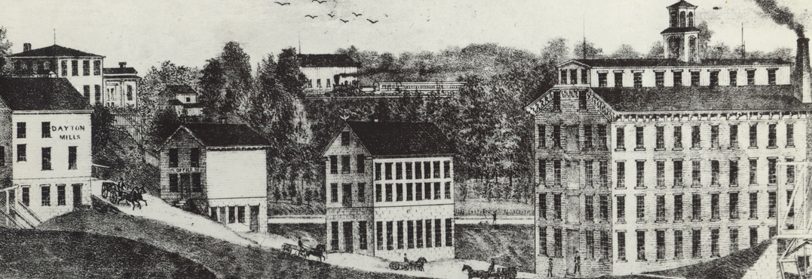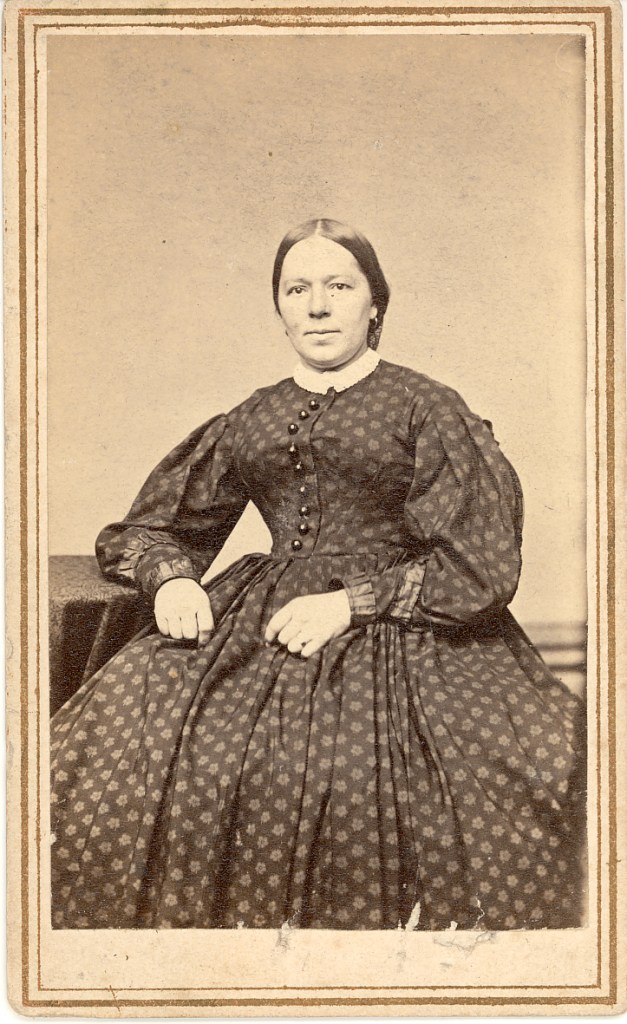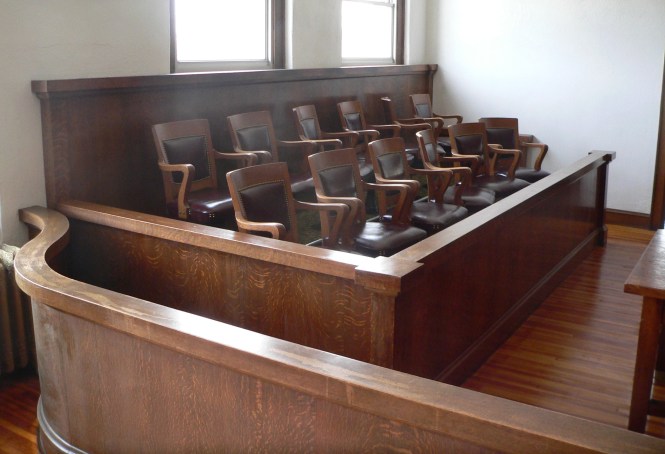In the name of God, Amen,
I Mary Daniels of Rutland in the County of La Salle & State of Illinois, being of sound mind & mindful of my mortality, do, on this nineteenth day of September in the year of our Lord one thousand eight hundred & fifty three, hereby make & declare this my last will & testament in manner & form, to wit:
First –
It is my desire that my funeral expenses & just debts, be fully paid.
Second –
After the payment of such funeral expenses & debts, I give & devise & bequeath unto my son, Aaron Daniels, all the live stock, horses, cattle, sheep, hogs, &c, by me now owned, & also, all the household furniture & other articles of personal property not herein disposed of or enumerated in this will to have and to hold, by him, the said Aaron Daniels, his heirs & assigns forever, —, I also give & bequeath to the said Aaron Daniels his heirs & assigns, all money or monies now in my possession, or now due & owing to me, by any & all persons, And also, all my share in the crops now growed, or such as shall hereafter grow, upon the land, now occupied by me, the said Mary Daniels.
Third –
I give & bequeath to my nephew Elmer E. Daniels, all the packing casks & barrels by me now owned. Als, one bedstead. & also bed & beding necessarily belonging therto & als one Clock.
Fourth –
I give & bequeath to my daughter Juda Stadden, one comforter, two table cloths, & one sheet.
Fifth –
I give & bequeath to my daughter Elizabeth Kleiber, one comforter, two table cloths, & one sheet.
And, lastly,
I hereby constitute & appoint Aaron Daniels Executor of this my last will & testament, & hereby declaring, ratifying & confirming this & no other to be my last will & testament.
In witness whereof I the said Mary Daniels have hereunto set my hand & seal, the day & year first above mentioned.
Signed, sealed, published, & declared by the said Mary Daniels, as for her last will & testament, in presence of us, who in her presence, & in the presence of each other & at her request, have subscribed our names, thereto.
Washington Bushnell
E. S. Hallowell
Last will and testament image by Nick Youngson CC BY-SA 3.0 Pix4free











